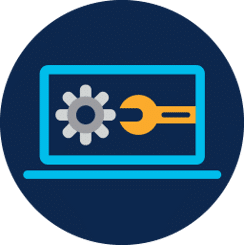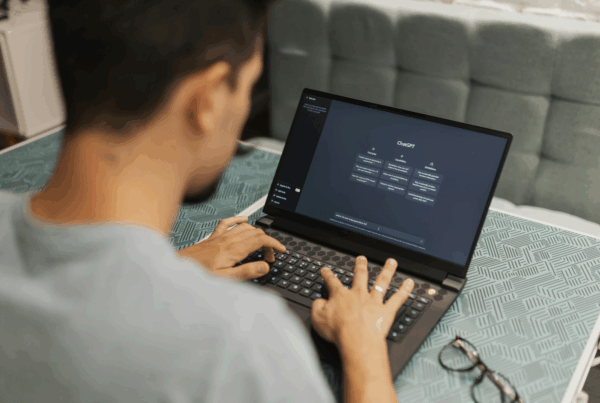
Multifactor Authentication (MFA) is a layer of security that anyone using modern technology should be familiar with. If you’ve used a service like Microsoft or DUO that has asked you to accept a push notification on your phone or enter a security code before you’re allowed access to an account, then you have used MFA. This security tool is not just for services that need to keep their customer accounts secure, however. MFA is an essential part of a small business’ security plan and can often be the last layer of defense that saves the day when company credentials become compromised.
What is Multifactor Authentication (MFA)?

In a small business setting, an MFA will protect employee accounts by requiring a push notification, security code, or other form of user identification before allowing access to an account. An employee will be asked to reauthenticate after a period of time or if they attempt to log in from an unfamiliar device. If a malicious actor manages to steal company credentials and attempts to log in to a secured account, they will be prevented from accessing the account unless they can properly authenticate. Because authentication methods involve an employee’s cell phone, fingerprint, or other piece of information not linked to their account, this will typically cause the hacker’s attack to fail.
What Features do MFAs Have?

A lot of modern MFA services will do much more for a small business than just verify user identity upon log in. They can also help to monitor your network and check the security health of each device logging in to your network in real time. A robust MFA service will allow you to choose flexible policies for devices logging in such as who can access which applications your business uses or blocking out log in attempts from specific locations. The additional services available will depend on the MFA you use, but small and medium businesses should expect more from their MFA and decide which service has the benefits that best meet their needs.
The Role of MFA in Layered Security

For your business to be properly secured, Multifactor Authentication is an absolute must. Even with the best security measures in place, information related to your business email can be leaked by a third party because of a data breach, and an MFA could make the difference when a malicious actor tries to use that information to gain access to your network. MFA is as necessary as endpoint protection and a strong firewall because those security features could see a malicious actor logging in with valid yet stolen credentials as a successful log in, but your multifactor authentication service will act as the last layer of defense for your business.
Summary
We here at Robinett Consulting cannot stress enough that multifactor authentication is an integral part of your business’ cybersecurity plan. Not having multifactor authentication makes your business an appealing target to malicious actors, so your business should be made more secure with an MFA service as soon as possible. We also know that learning which service you need and how to best implement it can be a challenge, so we want to be the IT partner you need. Our team will get to know your business well and work with you to set up the MFA that best aids your IT environment and stays within your budget.



